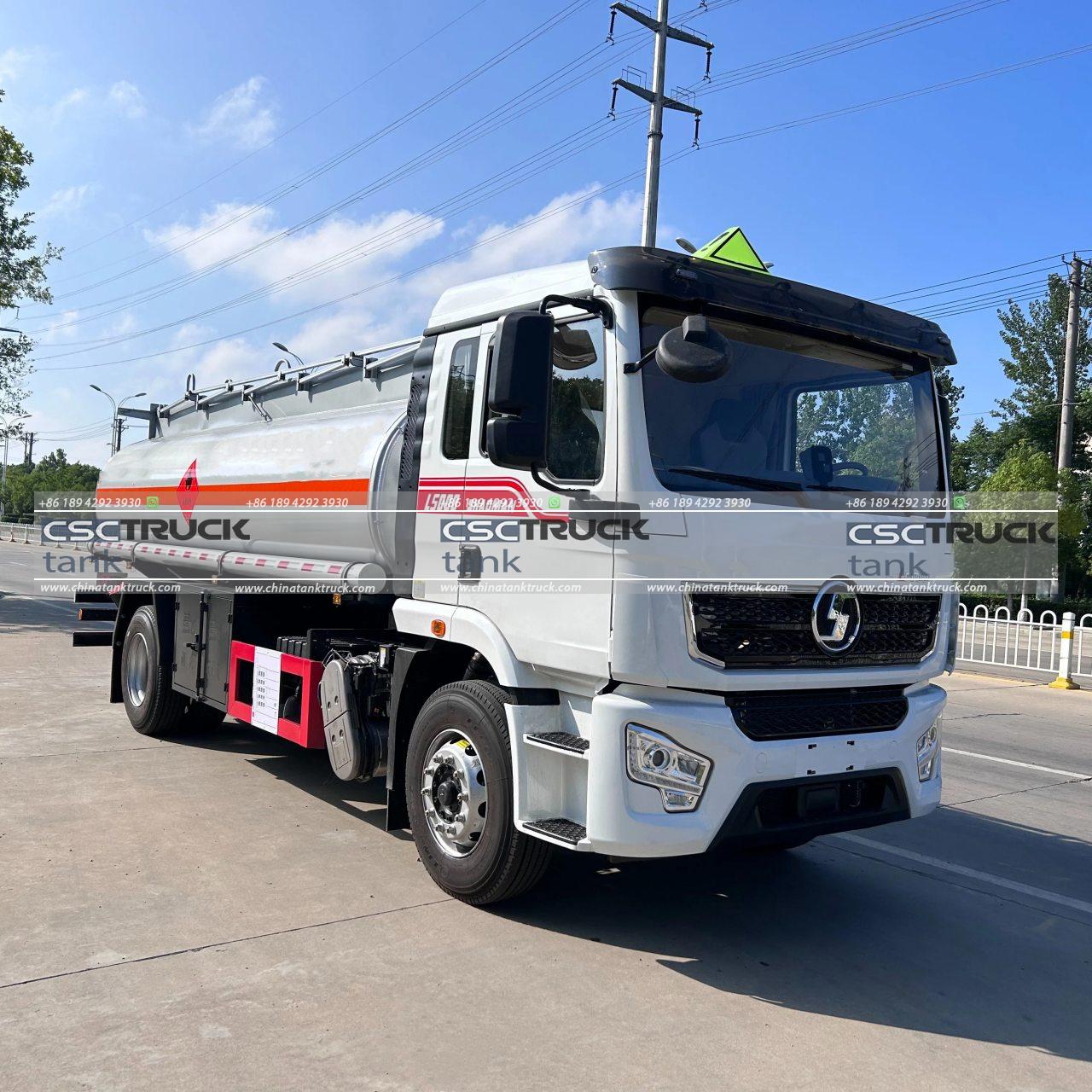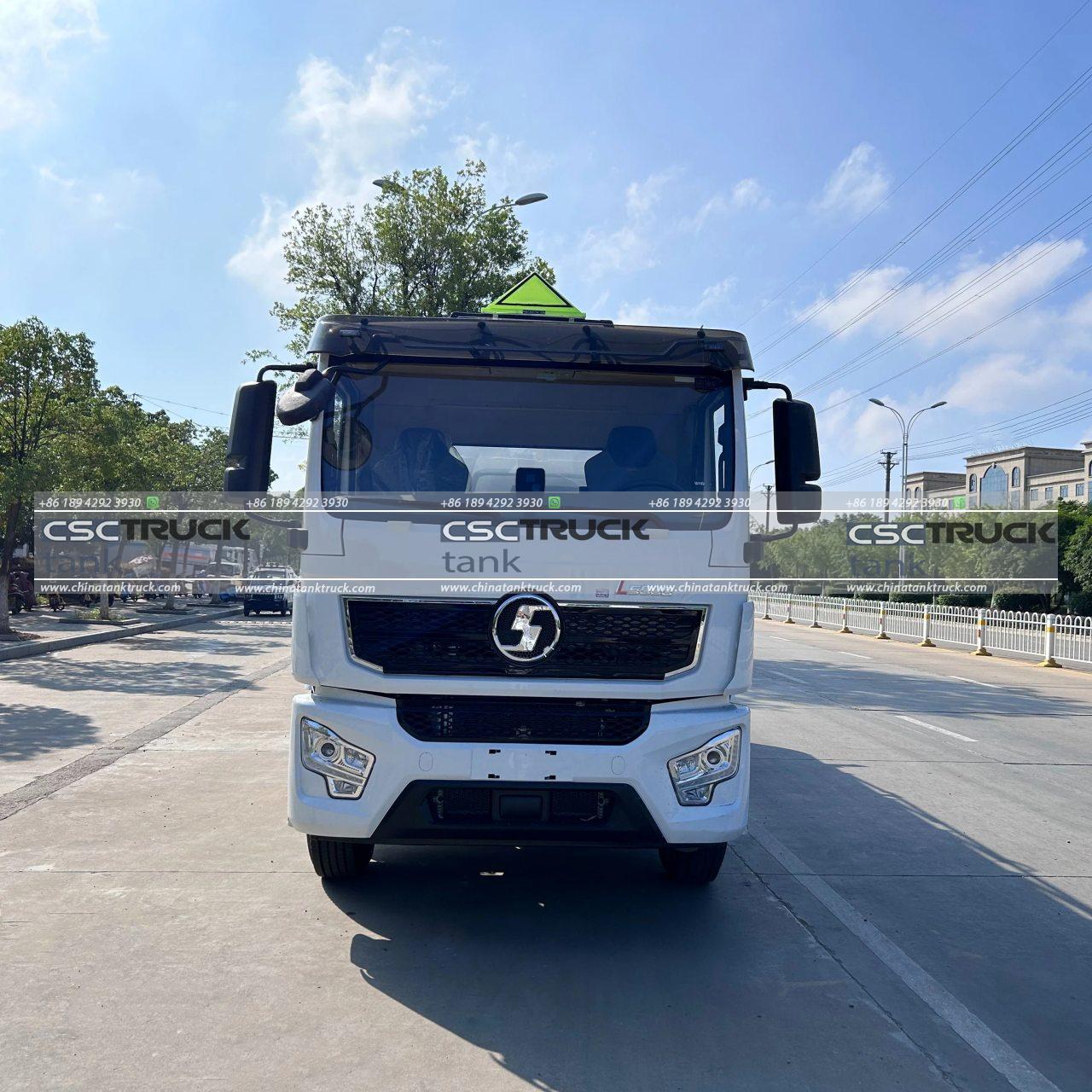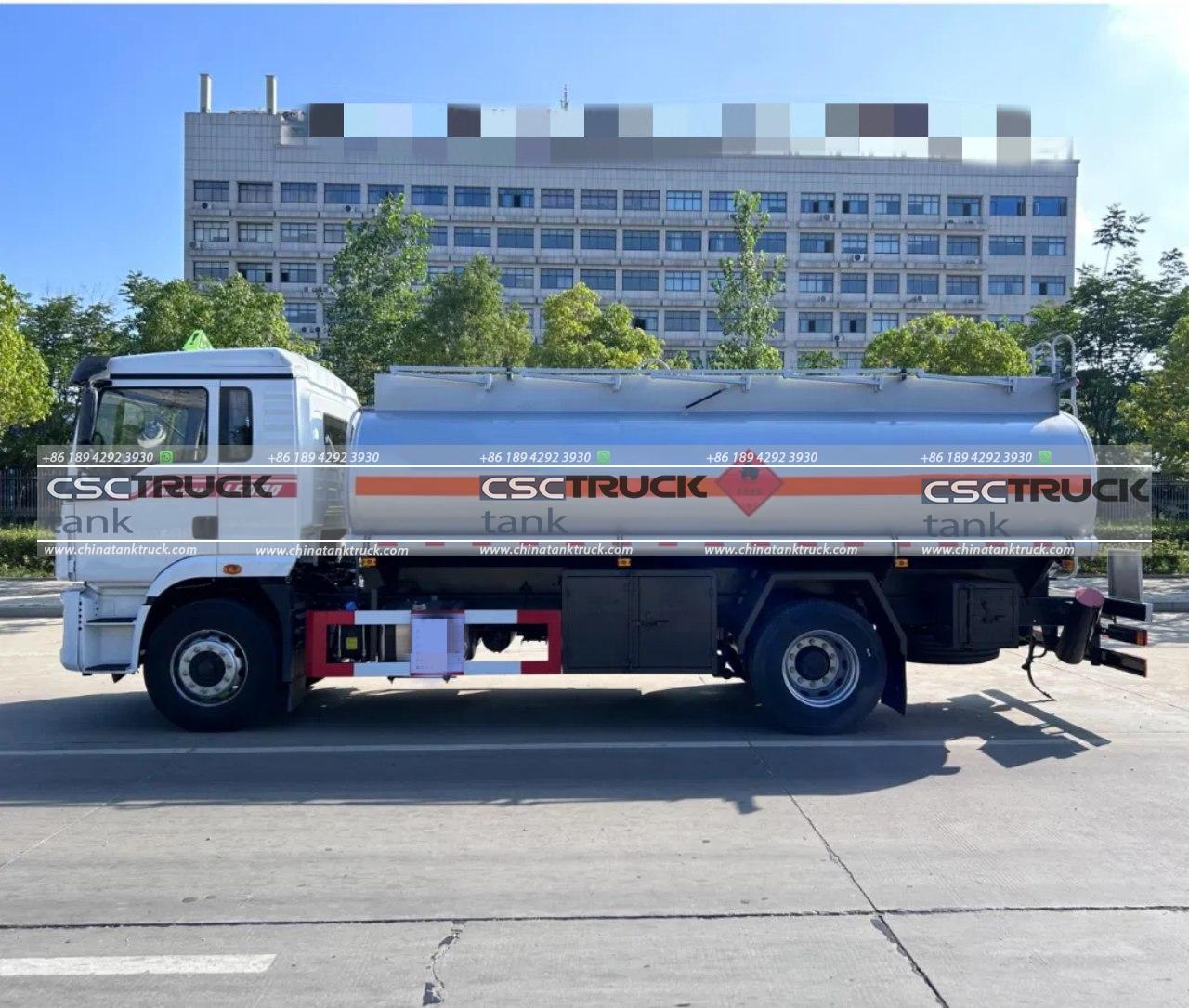Which Fuel is Used in Trucks?
Trucks are an indispensable part of the global transportation network, carrying goods from manufacturers to retailers and contributing significantly to the economy. The choice of fuel for trucks is a critical aspect that affects not only operational efficiency but also environmental impact and cost. In this article, we’ll explore the various fuels used in trucks, examining their benefits, drawbacks, and prospects.
1. Diesel Fuel
Overview: Diesel fuel is the most common type of fuel used in trucks, particularly for heavy-duty vehicles. Its popularity is largely due to its energy density and efficiency.
Advantages:
– Energy Density: Diesel fuel has a higher energy density compared to gasoline, meaning it can provide more power and better fuel economy. This is particularly beneficial for long-haul trucking, where fuel efficiency is crucial.
– Torque and Power: Diesel engines produce more torque, which is advantageous for carrying heavy loads and towing.
– Durability: Diesel engines are built to withstand higher pressures and stresses, making them more durable and long-lasting.
Disadvantages:
– Emissions: Diesel engines emit nitrogen oxides (NOx) and particulate matter, which contribute to air pollution and health problems. Modern diesel engines are equipped with technologies like Selective Catalytic Reduction (SCR) and Diesel Particulate Filters (DPF) to mitigate these emissions, but they are not entirely free of environmental impact.
– Cost of Fuel: Diesel fuel can be more expensive than gasoline, though this can be offset by better fuel economy.
Future Trends: Advances in diesel technology continue to improve emissions and efficiency. However, with increasing environmental regulations, there is a growing push towards alternative fuels.

2. Compressed Natural Gas (CNG)
Overview: Compressed Natural Gas (CNG) is a cleaner alternative to diesel fuel, derived mainly from methane. CNG trucks are becoming more popular, particularly in urban areas where emissions regulations are stricter.
Advantages:
– Lower Emissions: CNG produces fewer emissions compared to diesel, including lower levels of NOx and particulate matter. This makes it a more environmentally friendly option.
– Cost-Effective: In many regions, CNG is cheaper than diesel, offering potential cost savings for trucking companies.
– Energy Independence: CNG is often domestically produced, reducing reliance on imported oil.
Disadvantages:
– Range and Refueling: CNG trucks typically have a shorter range compared to diesel trucks due to the lower energy density of CNG. Additionally, the infrastructure for CNG refueling is not as widespread, which can be a limitation for long-haul operations.
– Payload Capacity: CNG tanks take up significant space and can reduce payload capacity, which can be a drawback for freight companies.
Future Trends: The development of CNG infrastructure and improvements in tank technology are likely to make CNG a more viable option in the future.
3. Liquefied Natural Gas (LNG)
Overview: Liquefied Natural Gas (LNG) is another form of natural gas, but it is cooled to a liquid state for storage and transportation. LNG offers similar benefits to CNG but with some distinct advantages.
Advantages:
– Extended Range: LNG provides a longer range than CNG due to its higher energy density, making it more suitable for long-haul trucking.
– Lower Emissions: Like CNG, LNG produces lower emissions compared to diesel, contributing to better air quality.
Disadvantages:
– Infrastructure: LNG refueling stations are less common than diesel stations, which can pose challenges for logistics and refueling, especially on long routes.
– Cost: The initial investment in LNG technology and infrastructure can be high, though this may be offset over time by lower fuel costs.
Future Trends: The use of LNG is expected to grow as infrastructure improves and technology becomes more cost-effective. LNG is often seen as a transitional fuel while the industry moves towards more sustainable options.

4. Propane (Autogas)
Overview: Propane, also known as autogas when used in vehicles, is a type of liquefied petroleum gas (LPG). It is used in some trucking applications, though it is less common compared to diesel and natural gas.
Advantages:
– Lower Emissions: Propane burns cleaner than diesel and gasoline, emitting lower levels of pollutants.
– Cost: Propane is often less expensive than diesel, leading to potential cost savings for trucking operations.
– Infrastructure: Propane refueling infrastructure is relatively well-established in some regions.
Disadvantages:
– Energy Density: Propane has a lower energy density compared to diesel and LNG, which can result in reduced range and payload capacity.
– Availability: Propane is not as commonly used in heavy-duty trucking as other fuels, which can limit options for fleet operators.
Future Trends: While propane is not a major player in the trucking industry, it remains a viable alternative for specific applications, particularly in areas with established refueling infrastructure.
5. Electric Power
Overview: Electric trucks represent a significant shift in the industry, driven by advancements in battery technology and growing environmental concerns.
Advantages:
– Zero Emissions: Electric trucks produce no tailpipe emissions, making them an excellent choice for urban areas with strict emissions regulations.
– Low Operating Costs: Electricity is generally cheaper than diesel, and electric trucks have fewer moving parts, leading to lower maintenance costs.
– Noise Reduction: Electric trucks are quieter than their diesel counterparts, reducing noise pollution.
Disadvantages:
– Range and Charging: Current electric trucks have a limited range compared to diesel trucks, and the charging infrastructure is still developing. This can pose challenges for long-haul operations.
– Cost: The initial purchase price of electric trucks can be high, though this is offset over time by lower operating costs and incentives.
Future Trends: As battery technology advances and charging infrastructure expands, electric trucks are expected to become more viable for a wider range of applications. Many major truck manufacturers are investing heavily in electric technology.

Conclusion
The choice of fuel for trucks is influenced by a variety of factors, including environmental regulations, cost, range, and infrastructure. Diesel remains the dominant fuel due to its efficiency and power, but alternative fuels like CNG, LNG, propane, and electricity are gaining traction. Each fuel type has its own set of advantages and challenges, and the future of trucking will likely see a combination of these fuels, with a growing emphasis on sustainability and technological innovation. As the industry evolves, the shift towards cleaner and more efficient fuels will play a crucial role in shaping the future of transportation.

